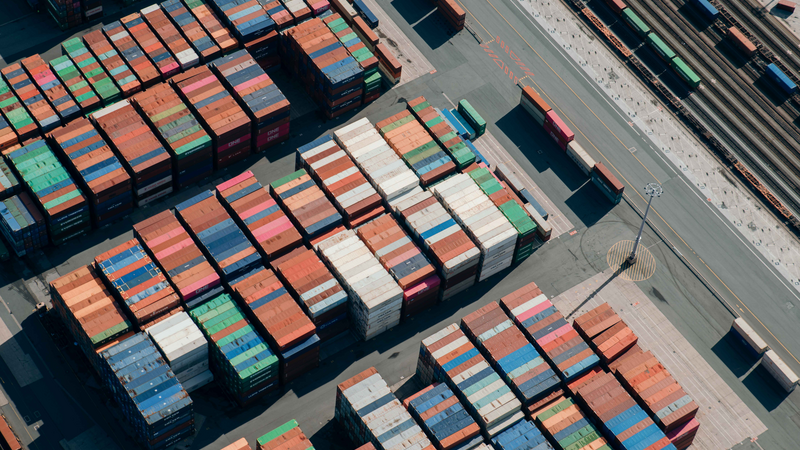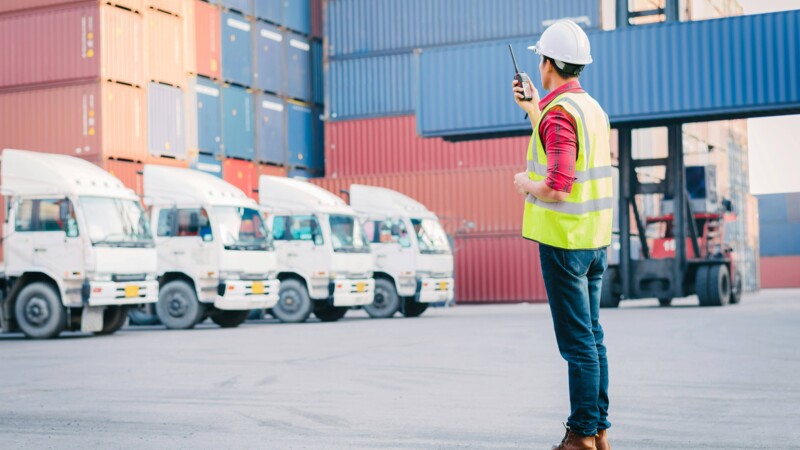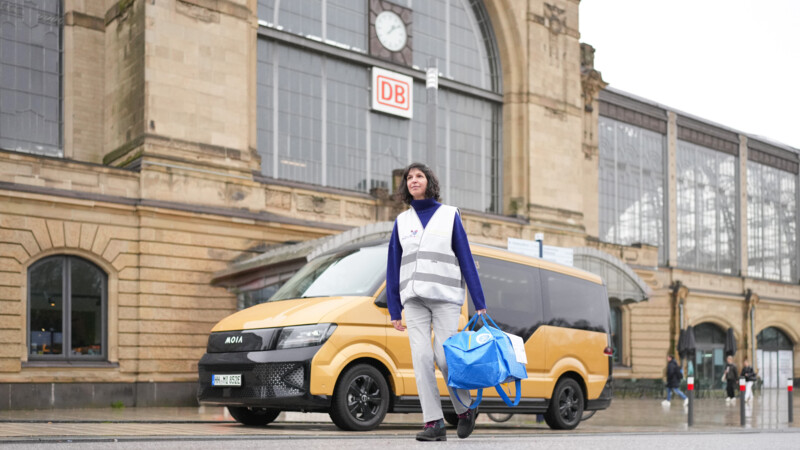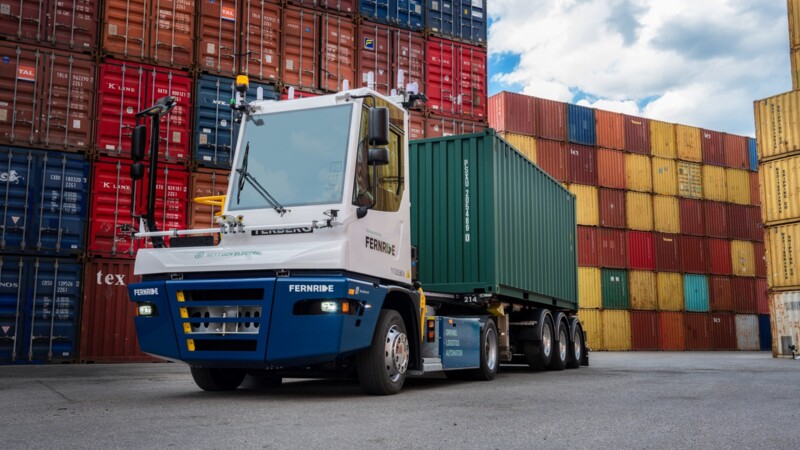"Hamburg is northern Europe's logistics hub," said Melanie Leonhard, Senator for Economics and Innovation. "However, digitalisation, climate change and global transformation present new challenges, but also open up opportunities. This new strategy gives us a clear compass for the future," she noted. The strategy foresees nine fields of action from digitalisation and urban logistics to securing skilled workers and developing alternative, secure supply chains. Urban logistics, for instance, is to be expanded and logistics procedures integrated into urban planning by optimising the "last mile" for courier, express and parcel services. The aim is to switch to zero-emission transport. Cybersecurity is also an issue amid digital transformation.
Around 88 per cent of logistics companies view digitalisation as an opportunity, whereas 52 per cent see it as a challenge. Smart infrastructure such as quantum computing is required at e.g., the QSH project at the Fraunhofer Centre for Maritime Logistics and Services (CML). AI and automation could be used to optimise warehousing and planning, and a smart port strategy would boost Hamburg's pioneering role as a digital port. The strategy also foresees climate-friendly logistics, such as a circular economy through on-demand models, in line with the goal of CO2 neutrality by 2045. The Digital Hub Logistics & Commerce, which connects established companies with startups, could be a catalyst in this field.



